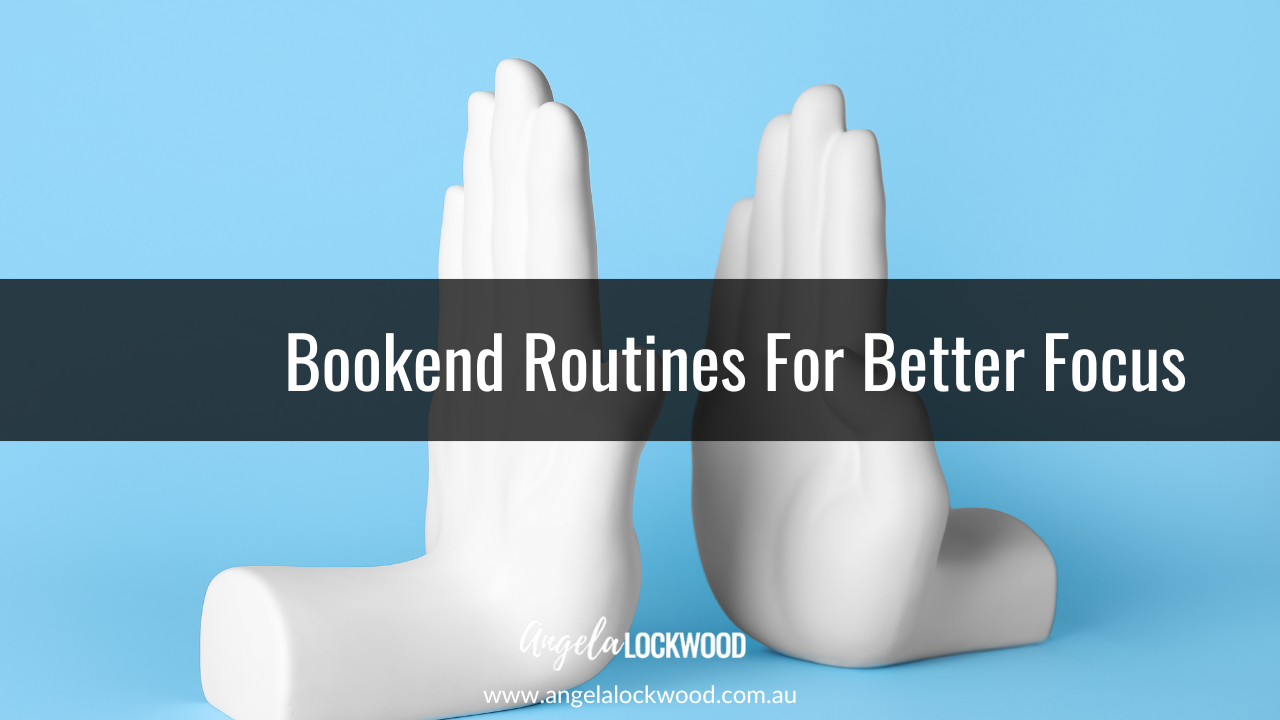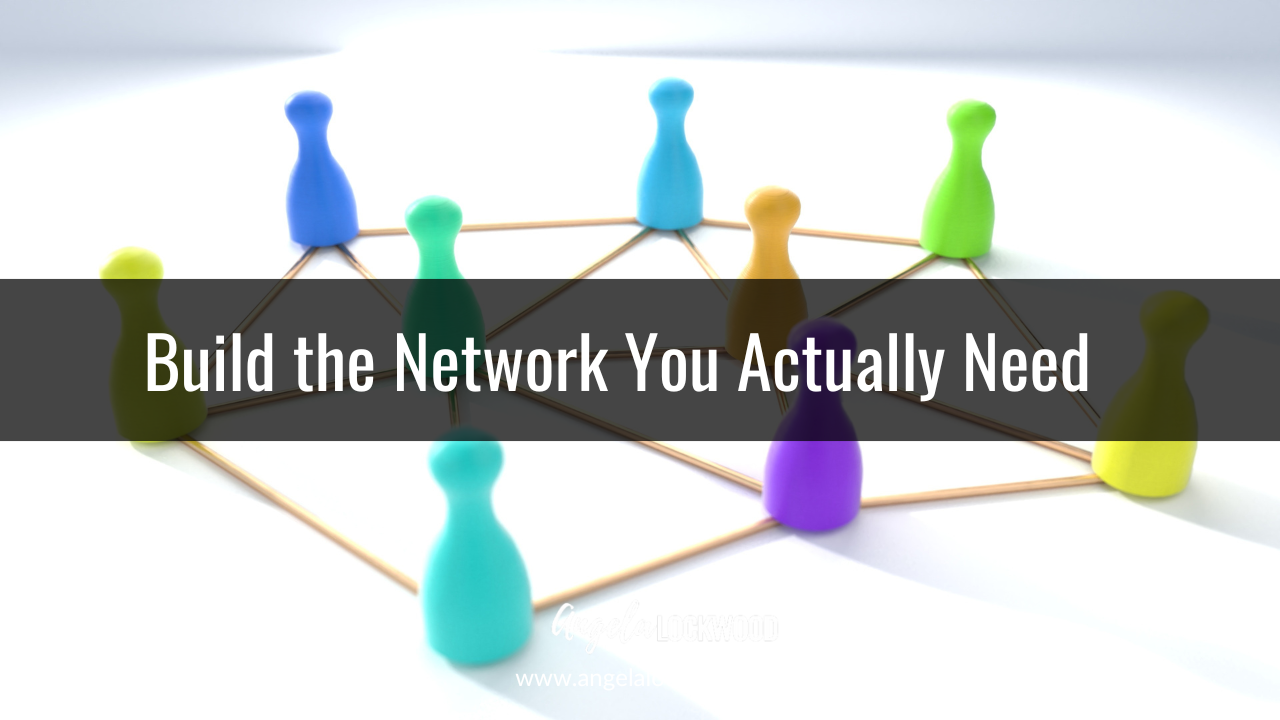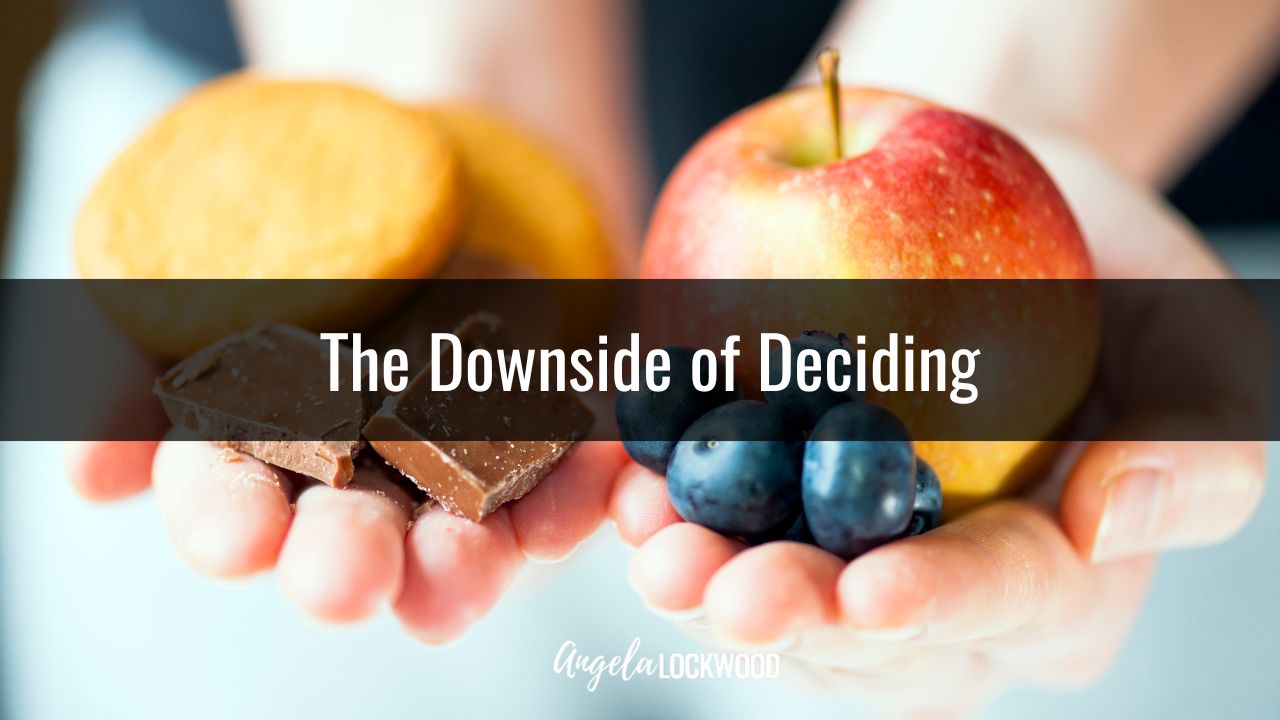Finding Calm Through Your Breath
Oct 29, 2024
In the latest episode of the Distracted podcast, I sat down with Angie Saunders, founder of Breathe Me and the O2 Collective, to explore the power of breath in our daily lives.
Breathing is something we all do, often without thinking, yet its impact on our mental and physical state is profound. In today’s fast-paced, high-pressure world, taking control of our breath offers a simple but transformative way to stay grounded, especially when life feels overwhelming.
This conversation dove deep into the science and practice of breath work, highlighting how we can harness this innate ability to regulate our emotions, manage stress, and improve our overall well-being. All skills vital for our modern way of living.
The Science Behind Breath and Well-being
Breathing is more than just a means of oxygenating the body—it plays a critical role in our emotional regulation and overall health. I see through my work with heightened kids and with stressed adults that when we are feeling overwhelmed our breath quickly kicks in as a measure of how well we are regulating ourselves. Often in a state of stress, our breath quickens and becomes shallow adding to the feeling of constriction and being out of control.
Breath expert Angie Saunders points out in our conversation that when we breathe in a stressed-out state, we reduce our carbon dioxide (CO2) levels. Though commonly misunderstood, CO2 is essential for delivering oxygen to the brain and body tissues. When CO2 levels drop, so does our ability to think clearly, which can lead to physical symptoms such as tension, pain, and fatigue.
One surprising but relatable phenomenon discussed during the episode is email apnoea, a term coined to describe how people unconsciously hold their breath while working on tasks such as typing emails. I have experienced this many times, particularly when I am working on content development at my computer. I am focused on the work and although I feel in flow I will become aware that I need a big deep breath.
The result of prolonged breath holding is a build-up of stress and tension, leading to mental fatigue. Studies suggest that this unconscious breath-holding is linked to feelings of anxiety and can even affect our productivity. Which is ironic considering I am holding my breath often because I am in a state of focus. I realise that becoming aware of this habit is the first step toward reversing it.
As Angie explains, "When you catch yourself not breathing, it’s usually because your body is trying to regulate itself." Rather than trying to control our breathing, she suggests focusing on reflexive breathing, a natural, relaxed pattern where the breath flows without force.
"Our breath is the body's natural mechanism to restore balance—when we hold it or control it too much, we disrupt that balance."
Breath as a Tool for Emotional Regulation
Angie emphasises the role of the vagus nerve, which is responsible for managing our body’s response to stress. The vagus nerve is a long, wandering nerve that runs from the brainstem down through the neck and into the chest and abdomen. It is a key part of the parasympathetic nervous system, responsible for regulating many involuntary functions, including heart rate, digestion, and immune responses. Its primary role is to help the body return to a state of calm after stress by controlling functions such as slowing the heart rate, promoting digestion, and reducing inflammation, making it essential for emotional regulation and overall well-being. By controlling our breath, we can stimulate the vagus nerve, promoting a calming effect that helps us move from a state of “fight or flight” to “rest and digest.”
This is particularly important when dealing with heightened emotions, both in ourselves and in others, such as children. Many parents instinctively tell their children to "calm down" when they are upset, but without the proper tools, this can often escalate the situation. There is nothing more frustrating when someone yells to "calm down" when you feel in the exact opposite state. Angie shared some playful yet effective techniques for teaching children emotional regulation through breath work, including the "shushing game" and humming contests.
These simple strategies work because they not only engage children but also co-regulate the emotional states of both parent and child. Teaching children how to be aware of their breath and to tap into it's power from an early age will help them develop important regulation skills for when things get tricky for them. As many skills, it is the modelling of calm from the parents that children are more likely to mirror that calm.
"Learning how to manage your own breath is the first step in helping others, especially children, to regulate their emotions."
Practical Strategies to Bring Breath Awareness Into Daily Life
It integrating breath work into our daily routines can bring a sense of calm and control, even in the most stressful moments. Angie offered a few simple yet powerful techniques:
-
Triangle Breathing: Visualise your breath as a triangle. Inhale up one side, exhale down the other, and allow for a slight pause at the bottom. This pattern mimics the body’s natural rhythm and helps you relax.
-
Sighing: Sometimes, all it takes is a deep sigh to reset your system. When you feel overwhelmed, let out a long exhale to release tension and return to balance.
-
Playful Breathing with Kids: Transform breath work into a fun activity with children. Use games like blowing through a straw or humming competitions to teach them how to use their breath to calm down.
Breath work for Better Relationships
Beyond individual well-being, the way we breathe can impact our relationships. Angie discussed the importance of co-regulation—the idea that our emotional state can influence those around us. For instance, when parents regulate their own breathing in stressful situations, their children are more likely to feel safe and calm. Similarly, taking a deep breath during an argument with a partner can create the space needed for a more thoughtful and less reactive response. Understanding the impact of your breath and how you changing the speed and depth of your breath to help calm another person is like a superpower.
In this fast-paced world, where overwhelm is often the norm, finding calm through our breath is one of the most accessible and effective tools we have. As Angie Saunders beautifully put it, "The breath is already within us. We don’t need to add more to our plate—just bring awareness to the breath, and let it guide us back to balance."
What I learned through this conversation with Angie is the breath work is not just a tool for managing stress—it’s a gateway to improved mental clarity, emotional regulation, and deeper connections with others. By paying attention to how we breathe, we can make small yet impactful changes in our daily lives.
If you’ve ever found yourself overwhelmed by life’s demands or noticed that you're holding your breath during tasks, take a moment to pause, breathe, and reset. Your body, mind, and relationships will thank you.
You can listen to the full conversation wherever you listen to your favourite podcasts. Or you can listen here.
Angela Lockwood
Distracted Podcast Host
Creator The Learning Bridge






